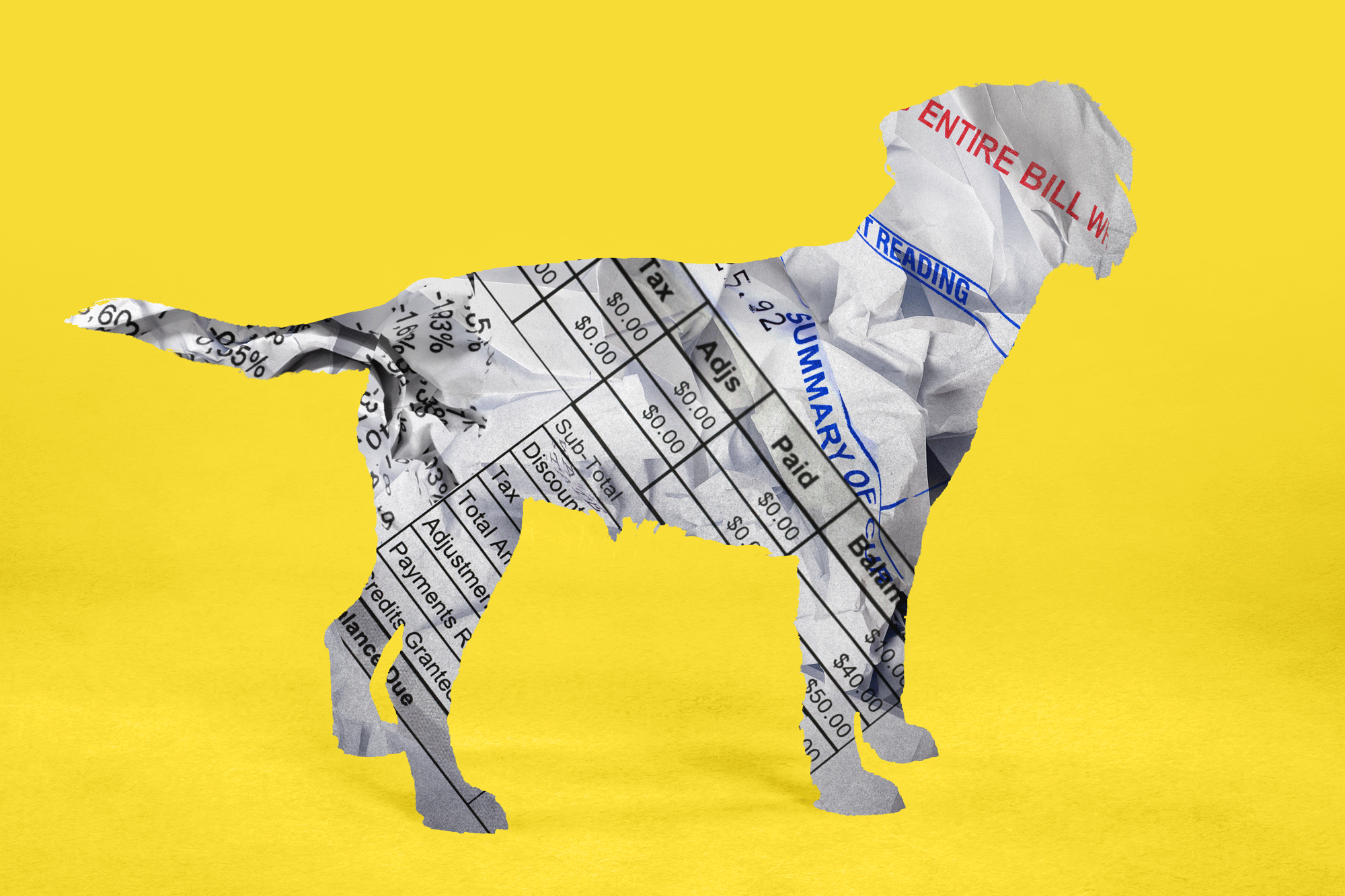Veterinarians Embrace Acupuncture for Pets in Pain
- Share via
Even veterinarians’ pets get sick, and even the animal doctors themselves occasionally have to scramble for help.
Dr. Karen Martin, a Ventura County veterinarian, found herself in that position in 1993, when her dog Brando developed a brain tumor. After traditional Western-style treatments proved unsuccessful, she turned to a colleague who practiced acupuncture on animal clients.
Though Brando has since been put to sleep, his condition and comfort level improved after the holistic treatment--results that sold Martin on the idea of alternative veterinary medicine.
Having recently completed her training with the Veterinary Acupuncture Society, Martin, a traditional veterinarian for 13 years, has opened her own semi-alternative practice in Thousand Oaks.
“I was impressed with how much acupuncture could make a difference,” she said. “There were holes in my practice. People would bring in a dog who couldn’t walk or was having trouble getting up and it wouldn’t get better.”
Now Martin’s practice combines traditional Western medicine with acupuncture.
“I use all the hints I can use,” Martin said. “Even if I don’t use acupuncture as a therapy, diagnostically it is helpful.”
Though alternative treatment of animals is gaining acceptance in the veterinary community, it still is not commonly practiced, particularly in Ventura County. Aside from Martin, only veterinarian Ken Ninomiya is commonly recognized in the county as a practitioner of acupuncture.
“I’m not aware of anyone else doing veterinary acupuncture [in the county],” said Dr. Jeff Saur, president of the Santa Barbara-Ventura County Veterinary Medical Assn.
“A couple in Santa Barbara are doing holistic medicine, one mainly as a mainstay of the practice, the other as supplemental.”
Saur, a Ventura-based specialist in animal ultrasound and endoscopy, said veterinarians are still exploring the idea of acupuncture and few have time to dedicate to study the technique.
“You need to learn all the various insertion points, and that’s not going to be something you just pick up,” he said. “A lot of practitioners don’t have the time to get the training.”
Dr. Richard Glassberg, a Fullerton-based veterinarian who is president of the National Assn. of Veterinary Acupuncture, said vets who practice Western medicine and incorporate acupuncture when needed are far more common than those who have fully alternative practices.
“Acupuncture is fairly well accepted with the powers that be,” said Glassberg, who added that he has found acupuncture particularly helpful for treating neurological cases, slipped disks and arthritis. “It’s not looked upon as quackery medicine.”
More to Read
Sign up for Essential California
The most important California stories and recommendations in your inbox every morning.
You may occasionally receive promotional content from the Los Angeles Times.













